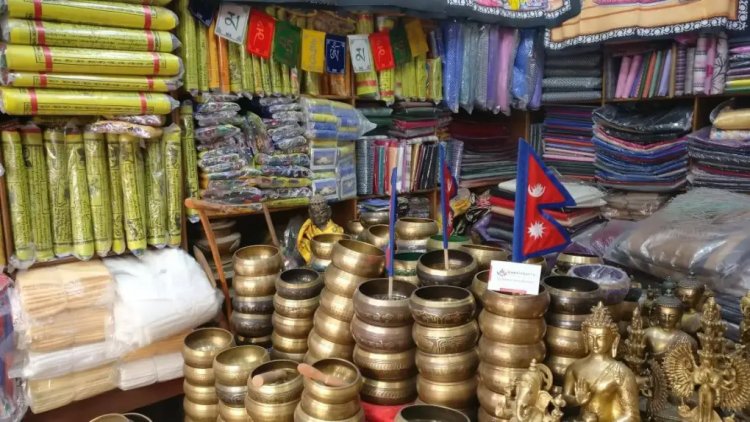Supporting Local Business and Culture: The Nepali Local Products Market
Explore how supporting local businesses and preserving traditional crafts can benefit both consumers and the economy. Learn about the growing demand for unique and high-quality local products.

Nepal is a country rich in culture, tradition, and unique local products. From hand-woven textiles to traditional jewelry, Nepal has a diverse range of products that are not only unique but also in high demand. The local products business market in Nepal is growing, as more people are recognizing the value of supporting local businesses and preserving traditional crafts. In this article, we will take a closer look at the Nepali local products business market and the opportunities it presents.
-
Handmade Products:
Nepal is famous for its handmade products, including traditional textiles, jewelry, pottery, and wooden crafts. These products are made by skilled artisans who have passed down their craft from generation to generation. The demand for handmade products is increasing globally, and Nepal is well-positioned to tap into this market. -
Cultural Significance:
Nepali local products hold a significant cultural and historical value. These products reflect the rich heritage and traditional values of the country, and they serve as a symbol of Nepali identity. As more people become interested in cultural tourism, the demand for local products is also increasing. -
Sustainable Business:
Supporting local businesses is becoming increasingly important as people become more aware of the impact of their purchasing decisions on the environment and local communities. By buying local products, consumers are not only supporting the Nepali economy but also promoting sustainable business practices. -
Unique and High-Quality:
Nepali local products are unique and of high quality, making them highly sought after. The traditional techniques used to produce these products ensure that each piece is unique and of the highest quality. -
Online Platforms:
Online platforms are playing a key role in promoting Nepali local products and connecting artisans with customers. These platforms not only provide a platform for artisans to showcase their products but also help customers to find authentic, high-quality local products. -
Growing Middle Class:
As the Nepali economy continues to grow, the middle class is also expanding. This means that there is a growing number of consumers who are able to afford and are interested in purchasing unique and high-quality local products. -
Rural Economic Development:
The local products business market can also play a role in promoting rural economic development. Many artisans live and work in rural areas, and by supporting their businesses, consumers can help to boost the local economy and create jobs in these communities. -
Export Potential:
Nepali local products have a strong export potential, as they are in high demand both within the country and internationally. By promoting the export of these products, the local product business market can play a significant role in contributing to the Nepali economy. -
Cultural Preservation:
By supporting local businesses, consumers can also play a role in preserving Nepali culture and traditional crafts. These crafts are an important part of Nepali heritage, and by keeping them alive, consumers can help to ensure that they are passed down to future generations. -
Collaboration with Tourism Industry:
The local products business market can also benefit from collaboration with the tourism industry. As more tourists visit Nepal, they are interested in purchasing unique and authentic local products as souvenirs. By working together, the local product business market and the tourism industry can provide a boost to the Nepali economy.
In conclusion, the Nepali local products business market is a promising opportunity for both entrepreneurs and consumers. By supporting local businesses, consumers can help to preserve traditional crafts and promote sustainable business practices. The growth of online platforms is also making it easier for consumers to find and purchase authentic local products, further driving the growth of the market.
What's Your Reaction?







































































































